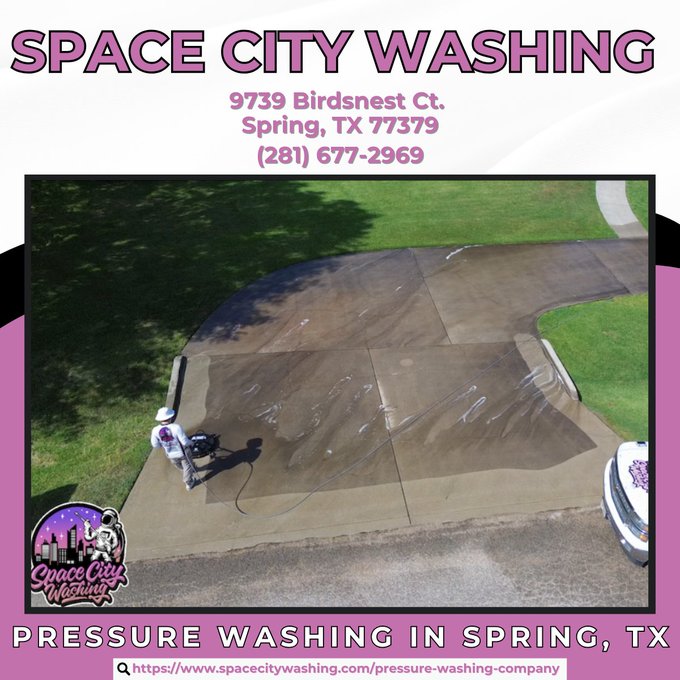High-pressure washing can be an incredibly effective way to clean surfaces around your home or business. However, operating a high-pressure washer comes with inherent risks. This article aims to provide a comprehensive understanding of safety protocols while operating a high-pressure washer, ensuring you can tackle your cleaning tasks efficiently and safely.
What is a High-Pressure Washer?
High-pressure washers are powerful machines designed to clean various surfaces by spraying water at high pressure. They can effectively remove dirt, grime, mold, and mildew from surfaces such as driveways, decks, and siding. Understanding how these machines work is crucial for safe operation.
How Does a High-Pressure Washer Work?
A high-pressure washer uses a motor to pump water through a hose at high speeds, creating a powerful stream that can dislodge dirt and debris. The pressure level is measured in PSI (pounds per square inch), which indicates the force of the water when it exits the nozzle.
Common Uses for High-Pressure Washers
Cleaning Driveways: Removes stains and grime. Washing Siding: Cleans vinyl or wood siding effectively. Deck Maintenance: Prepares surfaces for staining or sealing. Vehicle Cleaning: Offers thorough cleaning without scrubbing. Outdoor Furniture: Removes dirt and mildew from patio furniture.Understanding Safety Protocols While Operating A High-Pressure Washer
Operating a high-pressure washer may seem straightforward, but failing to adhere to safety protocols can lead to severe injuries or damage to property. Here are some essential safety measures:
1. Read the Manual
Before using a high-pressure washer, it's vital to read the manufacturer's manual carefully. Each model has specific operational guidelines and safety features that you should understand before proceeding.
2. Wear Protective Gear
Safety gear is non-negotiable when operating high-pressure equipment:
- Safety Goggles: Protect your eyes from flying debris. Gloves: Prevent skin injuries from high-pressure water streams. Sturdy Footwear: Slip-resistant shoes help maintain footing on wet surfaces. Ear Protection: Some models can be quite loud; protect your hearing.
3. Inspect Equipment Before Use
Checking your equipment before use will help identify any potential issues that might lead to accidents:
- Look for frayed hoses or loose connections. Ensure all parts are secure and functioning correctly. Check fluid levels according to the manufacturer’s specifications.
4. Maintain Proper Distance
Keeping an appropriate distance between the nozzle and the surface you're cleaning is crucial:
- Start with 2 feet away from the surface and gradually move closer if necessary. Avoid getting too close to fragile materials that could be damaged.
Do You Need a Permit to Pressure Wash in Texas?
Many wonder if permits are required for pressure washing in Texas. Generally speaking, no permit is needed for residential pressure washing; however, always check local regulations as they may vary by city or county.
Cost Considerations for Pressure Washing in Texas
How Much Does It Cost to Pressure Wash a House in Texas?
The cost of pressure washing services varies depending on several factors including size, surface materials, and location within Texas:
| Service Type | Average Cost Per Square Foot | |-------------------------|------------------------------| | Residential Homes | $0.15 - $0.30 | | Driveway Cleaning | $0.10 - $0.25 | | Deck Power Washing | $0.20 - $0.50 |
If you're thinking about DIY-ing it instead of hiring professionals, keep in mind factors like equipment rental costs or purchasing your own machine.
How Much Should I Charge to Pressure Wash a 2000 Square Foot House?
When considering pricing for pressure washing services on a 2000 square-foot house:
Calculate square footage cost (using averages above). Add additional fees for travel or special services. Factor in time spent on preparation and clean-up.Typically, expect charges The original source ranging between $300-$600 depending on service specifics.
What Month Is Best for Pressure Washing?
Timing plays an essential role in effective pressure washing:
- Early spring offers mild weather ideal for drying post-wash. Late summer helps avoid winter grime buildup but requires careful eye toward hot sun exposure during work hours.
Plan ahead based on climate conditions alongside personal schedules!
FAQs About Pressure Washing Safety Protocols
Here are some common questions related to safety while using high-pressure washers:
1. How long does it take to pressure wash a 2000 sq ft house?
It usually takes around 3–5 hours depending on conditions like surface type and previous maintenance efforts.
2. What is soft washing a house?
Soft washing utilizes lower pressure (around 100-200 PSI) combined with specialized solutions tailored towards gentle cleaning without damaging surfaces—ideal especially for roofs or delicate sidings like vinyl!
3. When should you not power wash your house?
Avoid power washing during extreme weather conditions (heavy rain/snow); also skip it if there’s recent paintwork needing time before heavy cleaning methods are applied!
4. How often should I pressure wash my house?
Generally speaking every one-two years promotes good upkeep; however more frequent washes may be beneficial based upon local environmental conditions (e.g., pollen/dust storms).
5.How do you calculate the cost to pressure wash a house?
Consider factors like square footage rates mentioned earlier plus any additional service fees; this helps establish accurate estimates!
6.Is it okay to pressure wash vinyl siding?
Yes! But use caution—maintain low PSI settings (below 1500) along with appropriate tips recommended by manufacturers ensuring no damage occurs during cleaning processes!
Conclusion
In conclusion, understanding safety protocols while operating a high-pressure washer not only protects you but also ensures optimal results when tackling those dirty surfaces around your home or business! Make sure you have all necessary gear ready before starting work—this will make each session smoother while minimizing risks involved along the way!
For further inquiries about costs associated with specific services—like "How much does it cost to power wash vinyl siding?"—or operational guidance covering items such as "what chemical should I use?" don’t hesitate reaching out! Your safety first means happy washing later!
